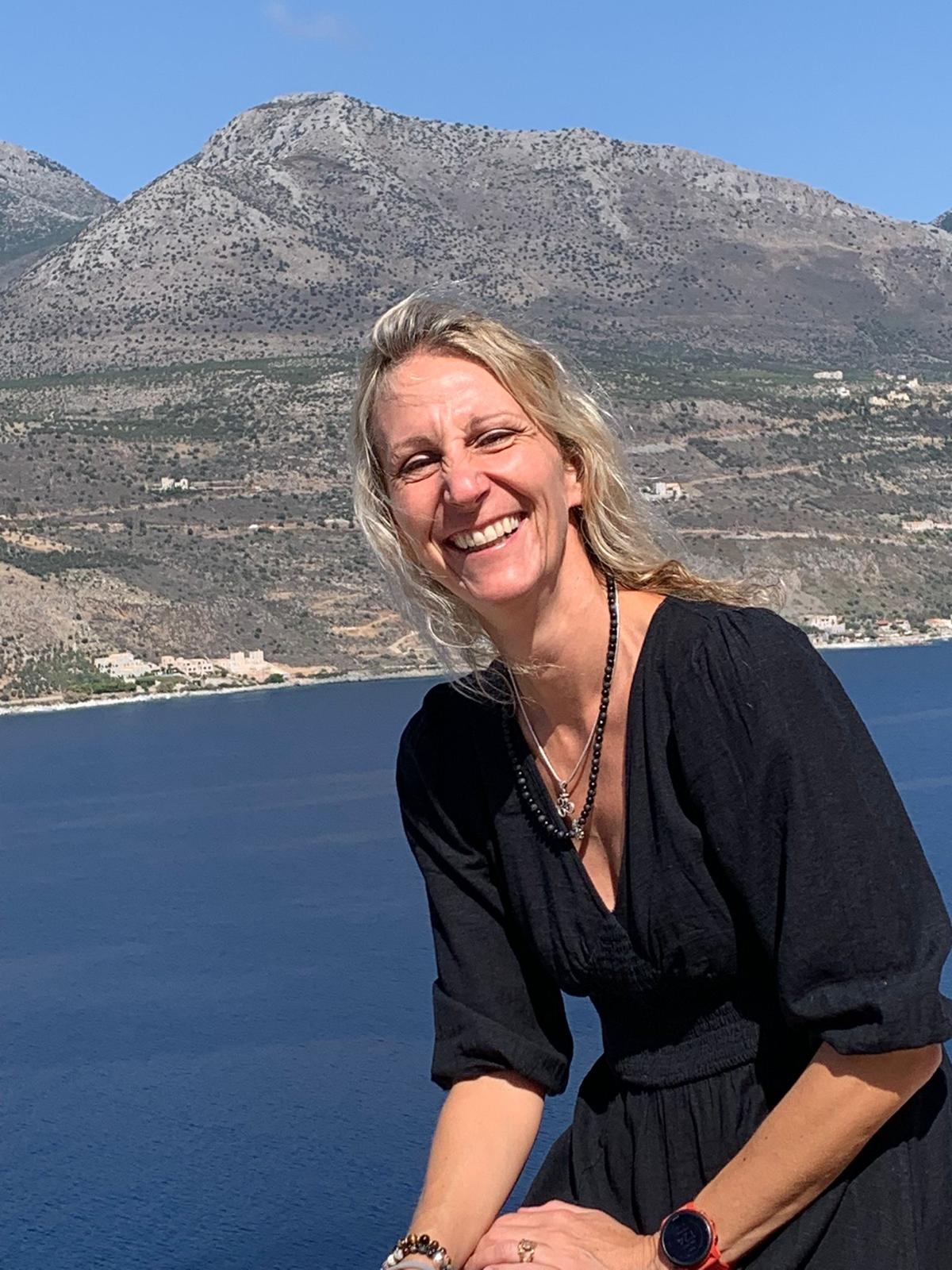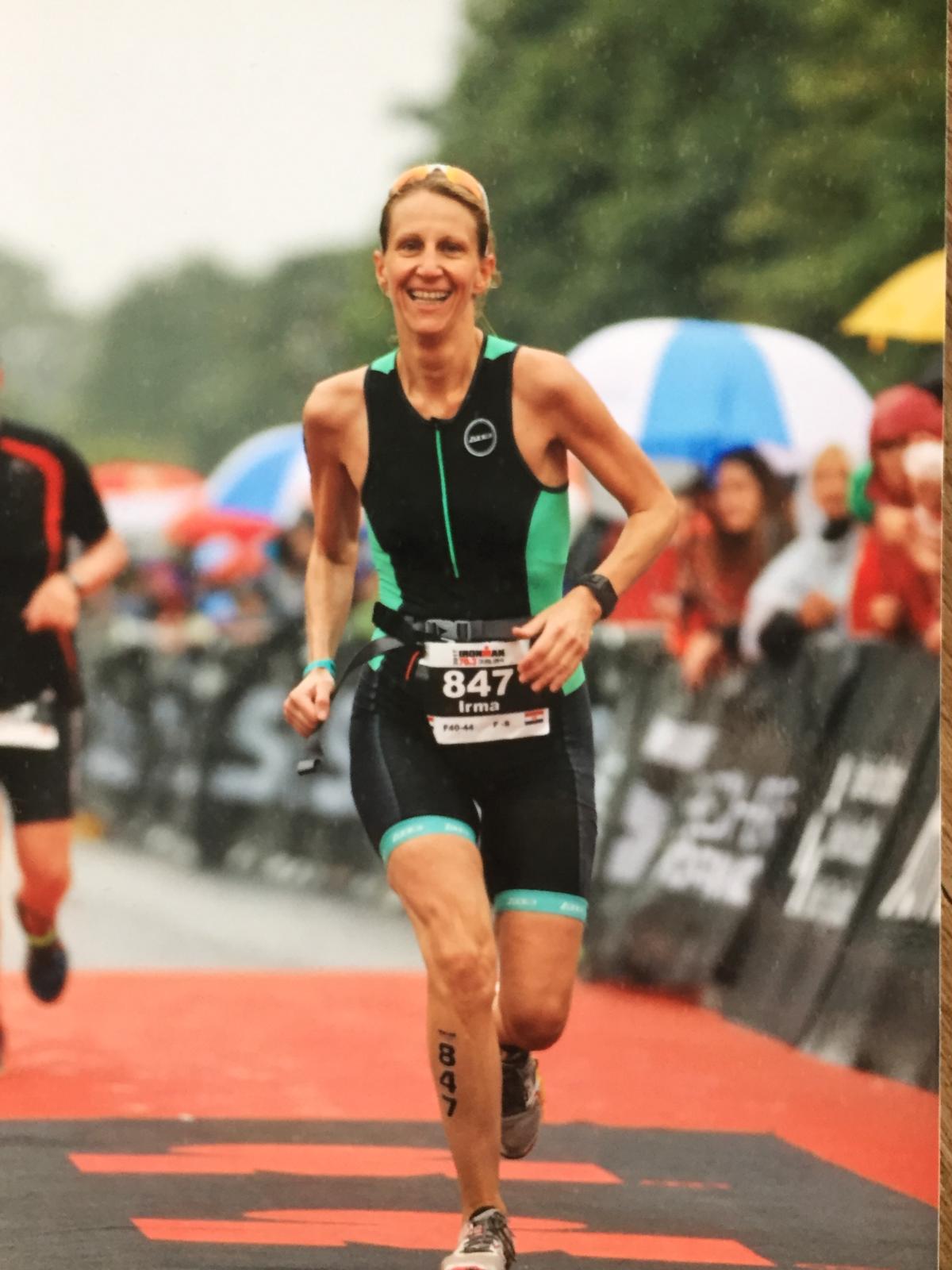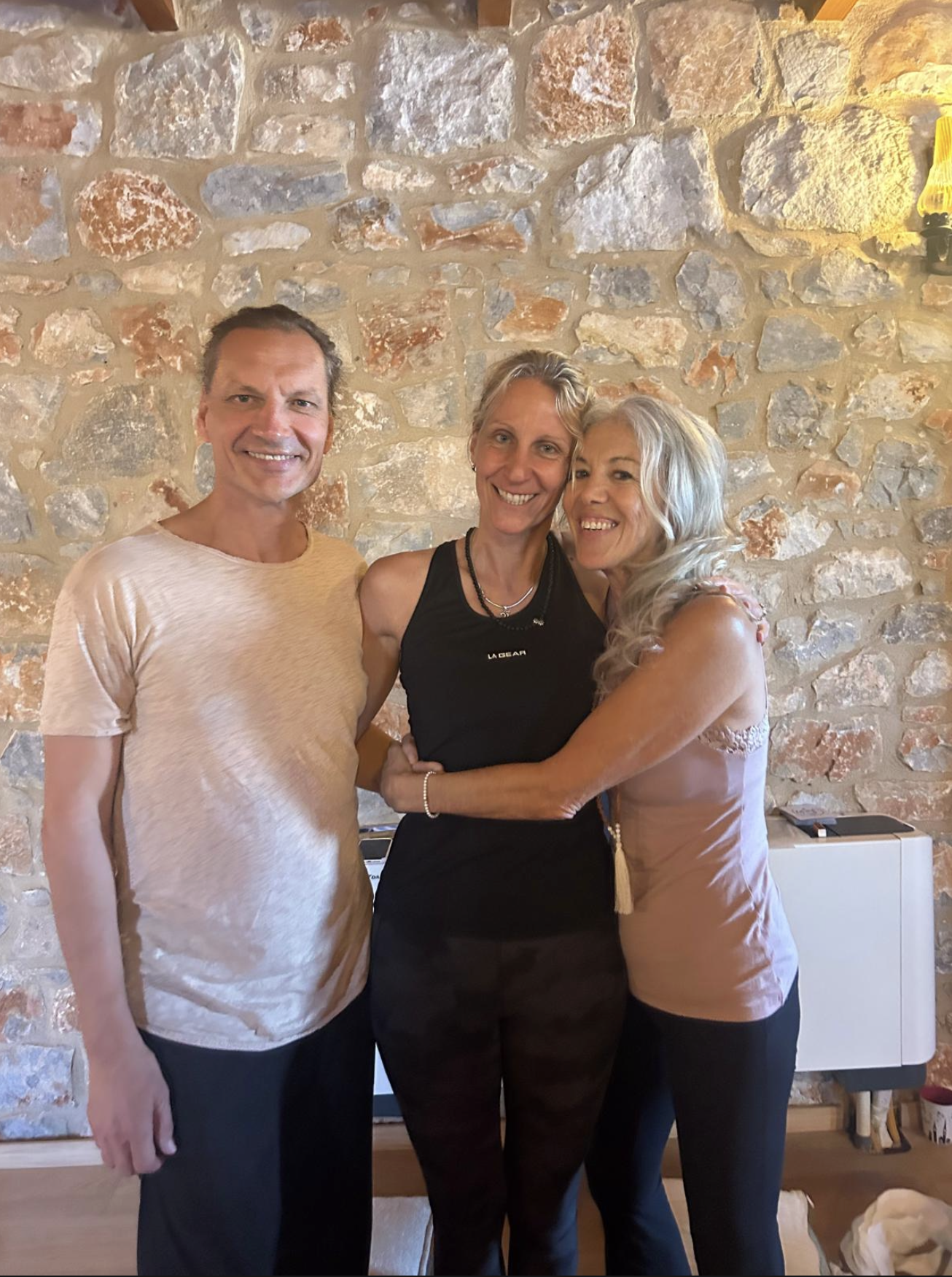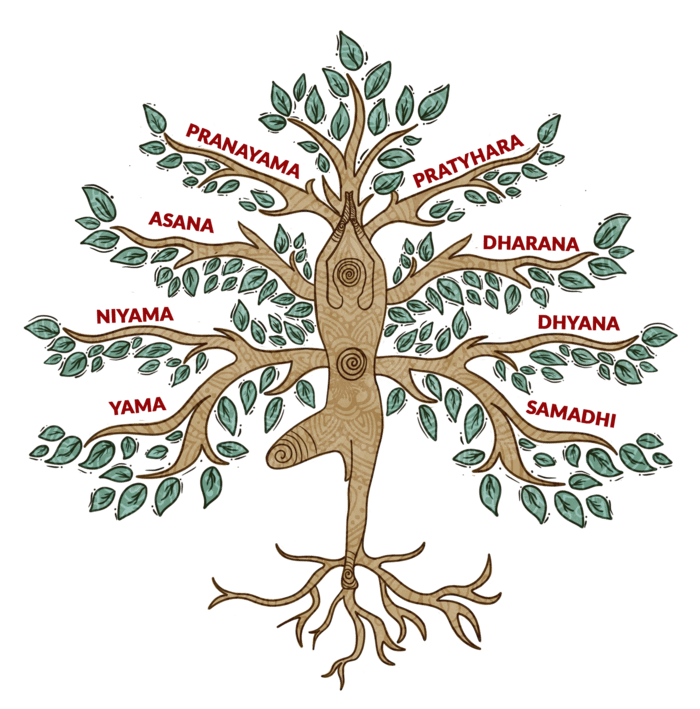A Warm Welcome
May All Beings In All The Universes Be Happy And Free.
लोकः समस्ताः सुखिनो भवन्तु
Lokah Samastah Sukhino Bhavantu
May All Beings In All The Universes Be Happy And Free.
लोकः समस्ताः सुखिनो भवन्तु
Lokah Samastah Sukhino Bhavantu
Contact Us
- +44 7767 685400
- info@windvalleyyoga
- R. Principal 1, Vale Venteiro, Tomar, Alem da Ribeira 2305-024 Portugal






